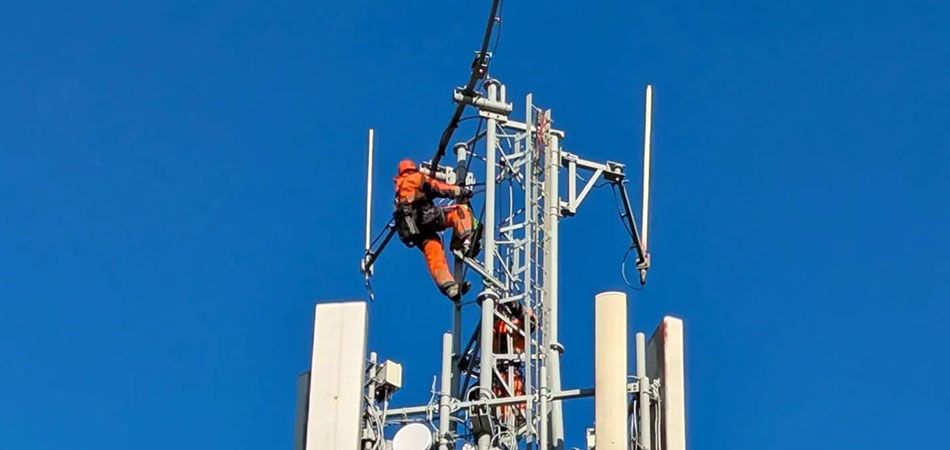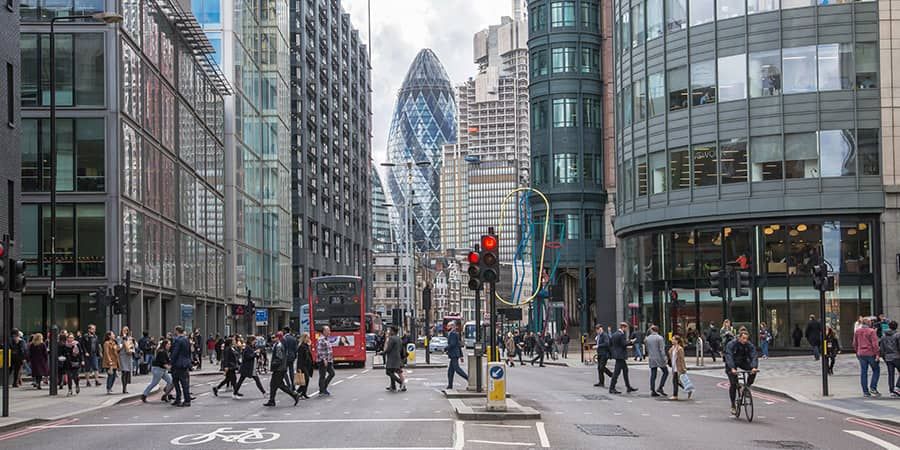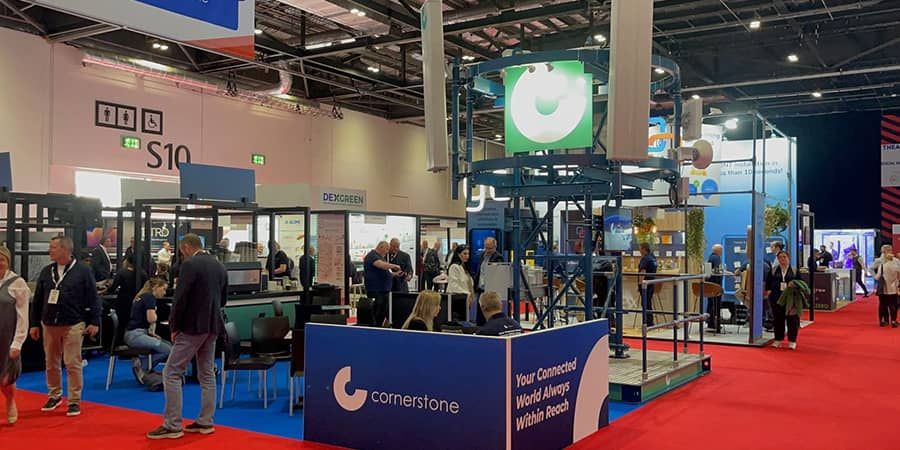Thought Leadership
In 1964, Japan’s Shinkansen, the iconic bullet train was launched, setting a new global standard for high-speed rail. Japan integrated advanced technology early into its infrastructure and by 2020, the Shinkansen offered Wi-Fi across nearly all of its network. Why has the UK struggled to achieve similar success? Is infrastructure a weak point for the UK? When the Notre Dame Cathedral tragically burned in 2019, France pledged to rebuild it within five years, and delivered to award-winning standards, using cutting-edge digital twin technologies. Meanwhile, closer to home, the Hammersmith Bridge, which also closed in 2019 due to structural cracking, remains shut to this day. Its prolonged closure continues to cause frustration, lost productivity, increased congestion, and delays for Londoners.
The UK had its first passenger railway in 1825 between Stockton and Darlington, over 100 years before the Shinkansen came along. And yet, despite this head start, passengers on most parts of the UK rail network still struggle to make a phone call. A recent study found that businesses lose an estimated £300 million annually in productivity due to dropped calls and poor internet access on UK trains (Deloitte, 2021). However, to provide for the needs of passengers and rail networks as a dependency for the 5G-based FRMCS, infrastructure needs upgrading, creating opportunities for private investment and collaboration in the digitisation of the railways.
As CEO of the UK’s largest mobile infrastructure company, I believe connectivity is no longer a luxury but an essential service, even at 125 miles per hour. With over half of the country’s mobile calls and data transiting through equipment hosted on our physical infrastructure network, and with an appetite to partner, innovate and invest, we’re uniquely positioned to address the long-standing issue of poor connectivity on trains.
Recent remarks by the UK’s Department for Science, Innovation and Technology Minister, Chris Bryant, highlight the frustration of dropped calls and weak signals on rail journeys which resonate deeply with people across the country. (Ministerial keynote address Connected Britain 2024). These experiences aren’t just inconveniences; they represent lost productivity, hindered economic output, and disgruntled commuters. Research shows that 40% of train passengers experience issues with mobile connectivity while travelling (National Rail Passenger Survey, 2020) leading to a loss of productivity and affecting communication on mobile devices for commuters. As the rail experience becomes increasingly digitised (ticket purchases, arrival and journey times) this connectivity becomes ever more important. Alongside all of this, there’s also a sustainability commitment at play such as the Green Travel Pledge, an industry-wide initiative led by the Rail Delivery Group, which is encouraging businesses to shift from car and plane to train for more environmentally friendly journeys.
These real experiences and expectations are reshaping the demands placed on rail infrastructure. Meeting them is critical not just for passenger satisfaction but for the competitiveness of the UK’s rail network on a global stage. European counterparts are pushing ahead, notably with Germany’s Deutsche Bahn already pioneering rail connectivity with its Gigabit Innovation Track, testing 5G-based FRMCS technologies to offer seamless coverage on high-speed trains. In 2024, we realised that Cornerstone’s experience in public and private partnerships uniquely equipped us to join the debate and be part of the solution. In Europe, we’re already working with and learning from our shareholders at Vantage Towers, who has partnered with Deutsche Bahn, Telefonica and Ericsson on the Gigabit Innovation Track. They’re testing passenger 5G connectivity on high-speed trains and how to integrate electronic train communication systems with FRMCS.
Such insights are directly applicable to the UK’s rail network. Cornerstone’s infrastructure includes over 850 locations situated close to rail lines, 19 mainline stations have macro rooftop sites managed by Cornerstone (including Liverpool Street, Waterloo and Paddington) as well as 19 indoor distributed antenna systems for in-building coverage schemes. This infrastructure presents a unique opportunity to enhance mobile coverage and transform the passenger experience. With some proactive focus and targeted industry collaboration, we can deliver infrastructure and connectivity solutions that aren’t just innovative but have real impact – no other industrial partner to the railways has the access to infrastructure and access to private capital that we do.
The future of rail connectivity hinges on collaboration, a strength that also makes it challenging. When industries align, great progress is possible, but conflicting priorities often make getting things done a slow process. Partnerships like the one Vantage Towers has built in Germany show what’s possible when we align expertise and resources. In the UK, the opportunity to integrate 5G and FRMCS represents a possible way forward.
We need to adopt a broader perspective on how we are shaping the infrastructure of tomorrow, across all industries, not just in mobile and digital infrastructure where we operate. Cross-industry partnerships are essential to addressing the national infrastructure challenges we face. No single company can solve these complex issues alone. The connectivity challenges on our railways demand coordinated action, and I am confident that our company’s capabilities place us at the forefront of this effort. We’re conducting field studies, which we will share at Mobile World Congress this March. We expect these studies to reveal significant gaps and will outline our proposed solutions to address them.
Other countries have shown that solving train connectivity issues is not only possible but achievable with the right focus and collaboration. Quick wins are within reach if the government and industry commit to action. This isn’t rocket science, Germany’s successful trials prove it. The time for talk is over. It’s time to act – delivering for passengers, driving economic growth, and modernising the UK rail industry. Let’s get moving.
Wait—did I hear the phone ringing? Perhaps it’s Chris Bryant calling to discuss rail connectivity…!
This article is the first in a series where we will explore the critical role of connectivity in national infrastructure. Our goal is to ignite meaningful dialogue, build partnerships, and pave the way for transformative change.
Pat Coxen, CEO, Cornerstone, January 2025




